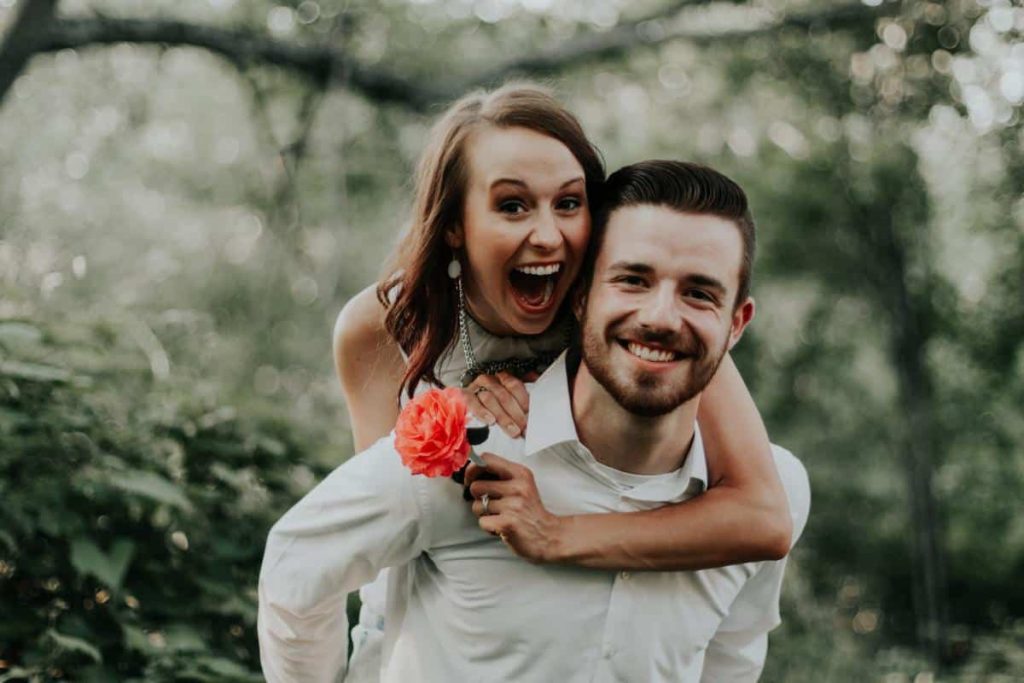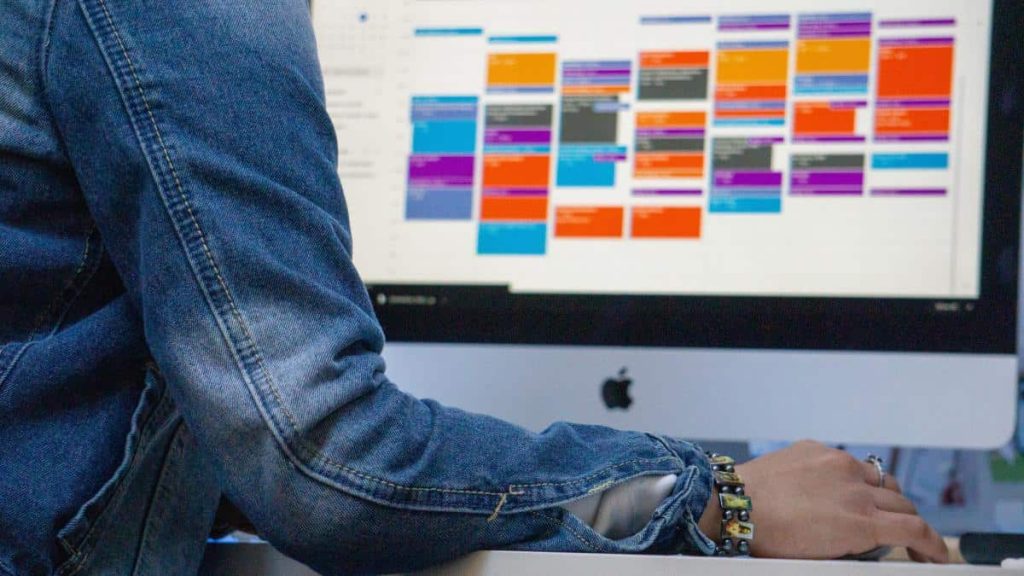Attention Deficit Hyperactivity Disorder (ADHD) is not limited to its effects on individuals’ academic or professional lives; it also significantly impacts personal relationships. Navigating the complexities of a relationship where one or both partners have ADHD can be challenging but with the right strategies and understanding, strong connections can be forged. In this extended article, we will delve deeper into the impact of ADHD on relationships and offer advice for both individuals with ADHD and their partners on fostering understanding and communication.

Understanding ADHD’s Influence on Relationships
ADHD can manifest differently in each individual, but some common patterns and challenges arise when it comes to relationships.
Impulsivity and Emotional Regulation
One of the primary challenges associated with ADHD in relationships is impulsivity and difficulties in emotional regulation. Individuals with ADHD may struggle to control their impulses, which can result in impulsive decisions or emotional outbursts. Partners may misinterpret these behaviours or become difficult for them to manage.
Inattention and Forgetfulness
Another hallmark symptom of ADHD is inattention and forgetfulness. Individuals with ADHD may find it challenging to maintain focus on conversations, leading to a perception of a lack of interest or commitment by their partner. Forgetfulness can also be a significant issue, with important dates, conversations, or commitments often slipping through the cracks.
Hyperfocus
On the flip side, individuals with ADHD can experience hyperfocus, which is an intense concentration on a particular task or interest. While hyperfocus can be an asset in certain contexts, it can also lead to neglecting other aspects of the relationship. Partners may feel sidelined when their loved one becomes intensely engrossed in a specific activity, seemingly ignoring other priorities.
Communication Difficulties
Effective communication is the bedrock of any healthy relationship. However, individuals with ADHD may face challenges in this area. The difficulty in maintaining focus during conversations can lead to misunderstandings, frustration, and feelings of being unheard or unimportant.
Tips for Individuals with ADHD
Tip 1: Self-awareness
The journey to improving relationships begins with self-awareness. Start by understanding your own ADHD and how it manifests in your life. Recognise your specific challenges and strengths. This self-awareness can empower you to take ownership of your actions and contribute positively to the relationship.
Tip 2: Medication and Therapy
Consider medication and therapy as part of your ADHD management. Medication can help improve impulse control, emotional regulation, and concentration, which can positively impact your interactions within the relationship. Additionally, therapy can provide you with valuable coping strategies and communication skills that can enhance your relationships.
Tip 3: Communication
Open and honest communication with your partner is essential. Share your experiences, challenges, and strategies for managing ADHD. Encourage your partner to ask questions and express their feelings. Establishing a safe space for dialogue helps in addressing issues and fostering mutual understanding.
Tip 4: Time Management

Work on improving your time management skills to minimise forgetfulness and disorganisation. Use tools like calendars, reminders, and to-do lists to help you stay on top of commitments and responsibilities. Demonstrating your commitment to improving in this area can reassure your partner.
Tips for Partners of Individuals with ADHD
Tip 5: Educate Yourself
Take the time to educate yourself about ADHD and its impact on relationships. Understanding the disorder and its various manifestations can foster empathy and help you avoid misconceptions or stereotypes. Learning about the challenges your partner faces can also provide valuable insights.
Tip 6: Patience and Empathy
Practice patience and empathy when dealing with impulsive behaviour or emotional outbursts. Remember that these actions are often not intentional but rather a manifestation of ADHD symptoms. Responding with compassion can de-escalate tense situations and contribute to a more positive atmosphere.
Tip 7: Effective Communication
Enhance your communication skills by using clear and concise language. Be patient when your partner gets distracted during conversations, and offer support to help them refocus. Ensure that important information is communicated effectively to minimise misunderstandings.
Tip 8: Seek Couples Therapy
Couples therapy can be a valuable resource for improving your relationship. A trained therapist can help both partners understand the dynamics of ADHD within the relationship and offer strategies for managing challenges. Therapy sessions provide a structured and supportive environment for addressing issues and working towards solutions.
Strategies for Building Strong Connections
Tip 9: Quality Time
Prioritise quality time together. Create opportunities for shared activities and experiences that allow you to connect on a deeper level. Quality time strengthens emotional bonds and reinforces your connection, whether it’s a hobby, a dedicated date night, or simply enjoying a heartfelt conversation.
Tip 10: Compromise
Mutual compromise is vital in any relationship, but it holds particular significance when one or both partners have ADHD. Finding a middle ground and being flexible can help alleviate tensions and maintain harmony. Identify areas where compromise can lead to a win-win situation for both partners.
Tip 11: Celebrate Achievements
Celebrate your partner’s achievements, no matter how small. Acknowledging their successes boosts their confidence and reinforces their self-worth, contributing to a positive relationship dynamic. Recognising and appreciating each other’s accomplishments fosters a supportive atmosphere.
Tip 12: Seek support
Don’t hesitate to seek support from support groups or professionals specialising in ADHD and relationships. Connecting with others facing similar challenges can provide valuable insights, strategies, and a sense of community. Professionals can offer guidance and tailored solutions to address specific issues within your relationship.
Conclusion

ADHD can present unique challenges in relationships, but with understanding, empathy, and effective strategies, strong connections can be built. Individuals with ADHD and their partners can work together to foster understanding, patience, and open communication. Remember that each relationship is unique, and finding what works best may require time and effort. By embracing these tips and the journey with empathy, you can cultivate a relationship that thrives despite the challenges of ADHD.







